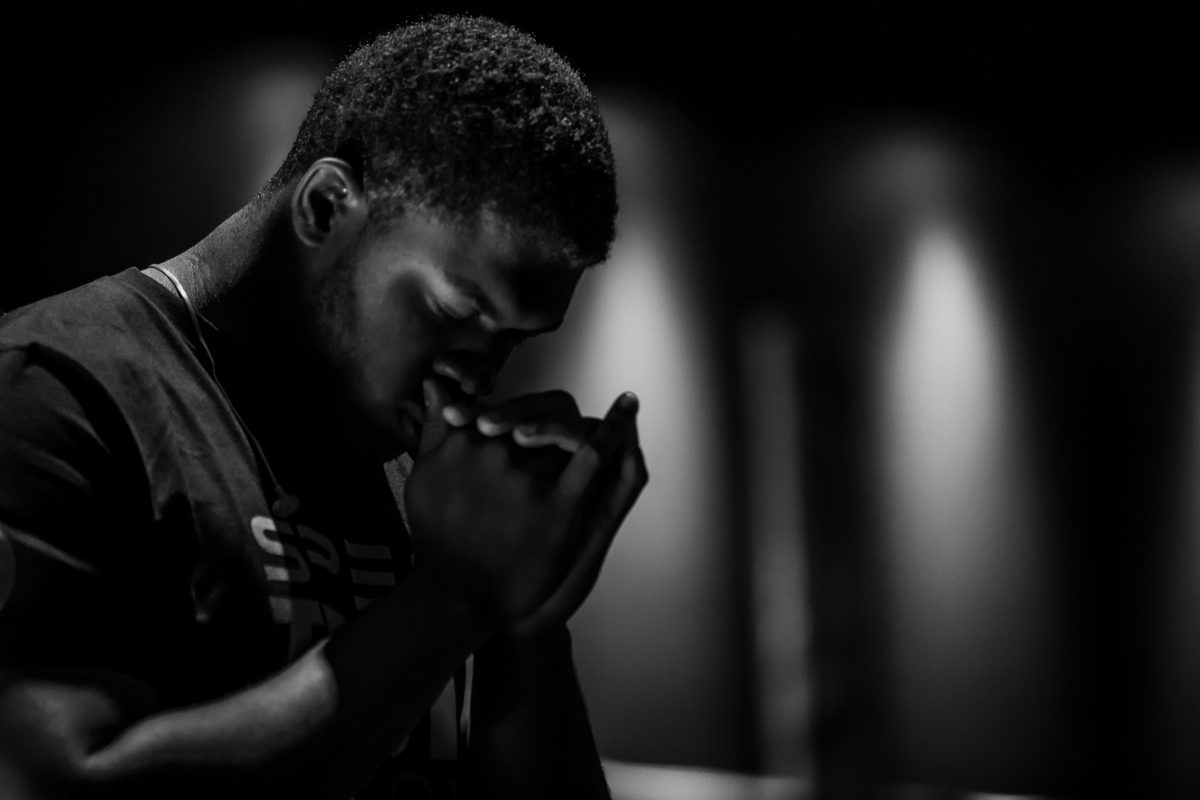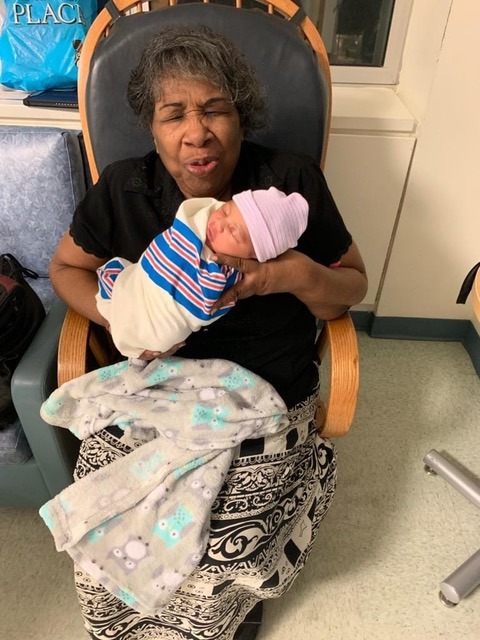Praying Power by Karen Bates

Years ago when I joined Facebook, many Christians didn’t know what to make of the new social media platform. One of my mentors swore off Facebook, explaining to me the dangers of connecting with people through the Internet. She was trying to convince me that the platform had no redemptive value.
“You can be friends with people you don’t even know. That is not safe,” she warned.
She wasn’t the only one sounding alarms, but I was in graduate school and viewed it as a way to connect to people beyond the classroom.
After the “tsk, tsk, tsk,” my goal was to use social media for something more than looking at status updates and pictures. I started to pray for people on their birthdays, when they showed up randomly on my feed, or when they updated their statuses. I didn’t always tell them, but I prayed.
I love to pray. I do not always understand the mystery of prayer, but I know its power. I know from my own experiences and from what I have read in the Scriptures; talking to God is essential for me. It helps activate my faith, restores my hope when it wanes, and reminds me that God is always with me.
In some of the darkest days of my life, I prayed for God to bring light to my situation. I can remember writing in my journal this wisdom from James 5:13a: “Is anyone among you in trouble? Let them pray,” and then from Psalm 27:1, “The Lord is my light and my salvation; whom shall I fear? The Lord is the strength of my life; of whom shall I be afraid?”
Some days, I don’t always know the words to pray. When I was distressed in the middle of a difficult transition, I found consolation in what the Apostle Paul wrote in Romans 8:26: “In the same way, the Spirit helps us in our weakness. We do not know what we ought to pray for, but the Spirit himself intercedes for us through wordless groans.”
It was great comfort to me to know the Spirit was interceding on my behalf on days when I had prayed all the words I knew to pray.
When the photo app on my devices started providing collages of events and Facebook started providing memories, I was annoyed. Some of the pictures were good memories I wanted to relive; some of the memories included people and situations I wanted to forget.
“Really Facebook, a picture from when I played volleyball in seminary 13 years ago? Is there nothing more recent or flattering you have?”
However, I looked at the people in the pictures and wondered where they were and what they were doing. I couldn’t remember all of their names, but I remembered things about them. Some I looked up. Some I still knew because we were Facebook friends.
Then I wondered: what would happen if I began praying for the people who popped up in collages and memories? What would the prayers be — especially for the collages showing people I hadn’t spoken to in years?
I realized I could thank God for the seasons these people were in my life.
I could thank God for what they meant to me at that time and pray for healing in situations where our separations were less than amicable. What if I prayed for them in their current circumstances, or for whatever they are doing now?
I didn’t have to tell them. I could just pray. So I did, and I do.
I am from a lineage of praying people.
Many mornings, I would wake up to the rhythmic sound of my mother praying — crying out to God on behalf of people, places, and situations. She has a prayer room and a prayer wall. She puts up pictures of people she is praying for.

Photo Credit: Tonyka Thomas
When my mother celebrated a milestone birthday last year, she prayed over each one of her grandchildren and great-grandchildren. And when her first great-great grandson was born mid-June, one of the first pictures to emerge was of her praying over him. He is the start of our family’s fifth living generation.
Often, my mother would take us to visit my maternal great-grandmother, Lelia Mincy White. My four sisters and I would scatter throughout the living room of the one-bedroom apartment while my mother and her grandmother would study Scriptures and pray. I remember one particular visit when my great-grandmother left the table and came into the living room. She laid her hands on each one of us and prayed over us.
When my great-grandmother died, she was found kneeling at her bedside, most likely praying.
After my maternal grandmother died, notebooks full of prayers she had written were shared. She prayed about many things in writing, but often reminded God about who he is and how much more powerful he is than a president, who at the time of one prayer, was messing up the economy.
I do not claim to know everything I need to know about praying. I don’t understand or know why some prayers are answered and seemingly, some aren’t. I don’t know why some answers come swiftly and some slowly.
But I do know that God hears and answers prayers. God allows people to pray for you even when you don’t know it. I’ve come to understand that even in my moments of doubt and questioning, God is still listening — and still answering prayers — and that God’s timing is perfect.
